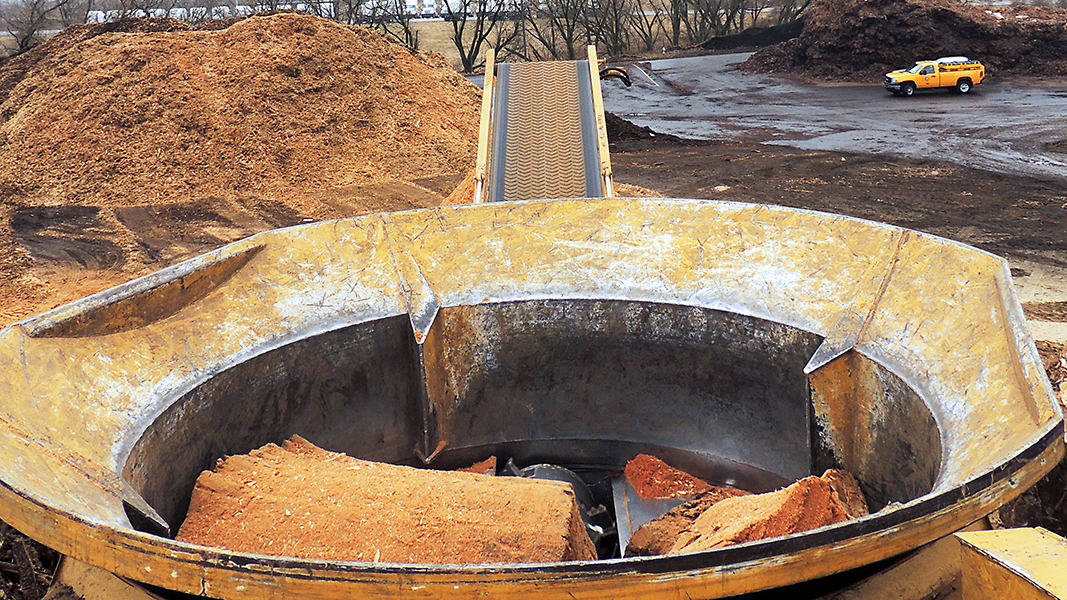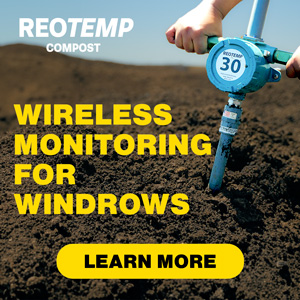Top: Photo by Doug Pinkerton
In Barnwell County, South Carolina, located in the Southwestern corner of the state near the ports of Charleston and Savannah, forest products are key to the regional economy where major forest product manufacturers like Swiss Krono and Cascades Paper Products have invested nearly $1 billion in manufacturing operations. Recently, the County received designation as a Bioeconomy Development Opportunity Zone (BDO Zone) from the Southern Carolina Regional Development Alliance and Ecostrat, biomass supply analysts. Its “A” Rating for forest and sawmill residuals is expected to drive economic development for bioeconomy projects that can utilize the region’s more than 12.1 million green tons/year of woody biomass — including 6.8 million green tons/year of sawmill residuals and 5.3 million green tons/year of forest residues — to supply new biofuel, renewable chemical, biogas and bioproduct plants.
“We have known for years that our region is perfect for the growth of forest product manufacturing, which is already a key sector of our economy,” explains John Fleming, Director of Development for Southern Carolina Alliance. “However, the new BDO Zone rating provides an assurance through third-party certification that the 75-mile region centered by Barnwell County has the available biomass feedstock, anchored suppliers and the strong infrastructure needed for manufacturers. In short, it’s an indication that the due diligence has been completed, and our region is primed for success in this type of manufacturing, removing much of the uncertainty for investment.”
The BDO Zone Initiative uses economic development tools – BDO Zone Ratings — that involve technical evaluations on feedstock and infrastructure risk, and then enable communities to signal and promote key feedstock and infrastructure “success” characteristics valued by biobased developers and investors. The County’s “A” risk rating qualifies as low risk (“AA” is very low), which is explained in the report given to the County. Ecostrat led the U.S. Department of Energy/Biomass Energy Technologies-funded project to develop the new investment Standards and Ratings for Biomass Supply Chain Risk.













